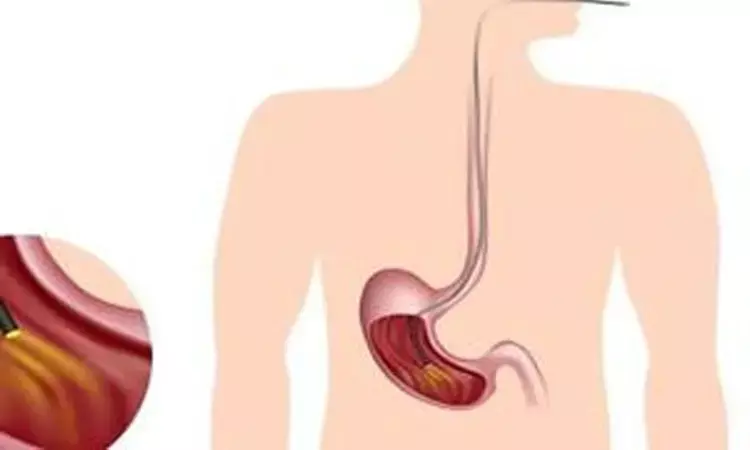- Home
- Medical news & Guidelines
- Anesthesiology
- Cardiology and CTVS
- Critical Care
- Dentistry
- Dermatology
- Diabetes and Endocrinology
- ENT
- Gastroenterology
- Medicine
- Nephrology
- Neurology
- Obstretics-Gynaecology
- Oncology
- Ophthalmology
- Orthopaedics
- Pediatrics-Neonatology
- Psychiatry
- Pulmonology
- Radiology
- Surgery
- Urology
- Laboratory Medicine
- Diet
- Nursing
- Paramedical
- Physiotherapy
- Health news
- Fact Check
- Bone Health Fact Check
- Brain Health Fact Check
- Cancer Related Fact Check
- Child Care Fact Check
- Dental and oral health fact check
- Diabetes and metabolic health fact check
- Diet and Nutrition Fact Check
- Eye and ENT Care Fact Check
- Fitness fact check
- Gut health fact check
- Heart health fact check
- Kidney health fact check
- Medical education fact check
- Men's health fact check
- Respiratory fact check
- Skin and hair care fact check
- Vaccine and Immunization fact check
- Women's health fact check
- AYUSH
- State News
- Andaman and Nicobar Islands
- Andhra Pradesh
- Arunachal Pradesh
- Assam
- Bihar
- Chandigarh
- Chattisgarh
- Dadra and Nagar Haveli
- Daman and Diu
- Delhi
- Goa
- Gujarat
- Haryana
- Himachal Pradesh
- Jammu & Kashmir
- Jharkhand
- Karnataka
- Kerala
- Ladakh
- Lakshadweep
- Madhya Pradesh
- Maharashtra
- Manipur
- Meghalaya
- Mizoram
- Nagaland
- Odisha
- Puducherry
- Punjab
- Rajasthan
- Sikkim
- Tamil Nadu
- Telangana
- Tripura
- Uttar Pradesh
- Uttrakhand
- West Bengal
- Medical Education
- Industry
Endoscopy Every Three Years Cuts Gastric Cancer Death Risk: Cohort Study

South Korea: The question of how often screening endoscopy should be performed to effectively reduce gastric cancer (GC) deaths has remained uncertain. A new large-scale Korean cohort study, published in Gastrointestinal Endoscopy, offers clarity, suggesting that undergoing endoscopic screening every three years or sooner is associated with a markedly lower risk of dying from gastric cancer.
- Undergoing screening endoscopy within one to three years before diagnosis significantly reduced gastric cancer mortality, with hazard ratios of 0.47 for ≤1 year, 0.34 for ≤2 years, and 0.35 for ≤3 years compared with never-screened individuals.
- Patients screened within three years had a 28–29% lower risk of gastric cancer–specific death than those whose last screening was more than three years prior.
- After propensity score matching, the survival benefit remained consistent, with an adjusted hazard ratio of 0.71 (95% CI, 0.62–0.80) for the ≤3-year group.
- The benefit of screening diminished with longer intervals, as patients screened more than five years before diagnosis had outcomes similar to the never-screened group.
- Screening was well tolerated, with no additional safety concerns reported among screened individuals.
- A three-year screening interval appears optimal, balancing effectiveness and practicality, especially in high-risk regions.
Dr Kamal Kant Kohli-MBBS, DTCD- a chest specialist with more than 30 years of practice and a flair for writing clinical articles, Dr Kamal Kant Kohli joined Medical Dialogues as a Chief Editor of Medical News. Besides writing articles, as an editor, he proofreads and verifies all the medical content published on Medical Dialogues including those coming from journals, studies,medical conferences,guidelines etc. Email: drkohli@medicaldialogues.in. Contact no. 011-43720751


